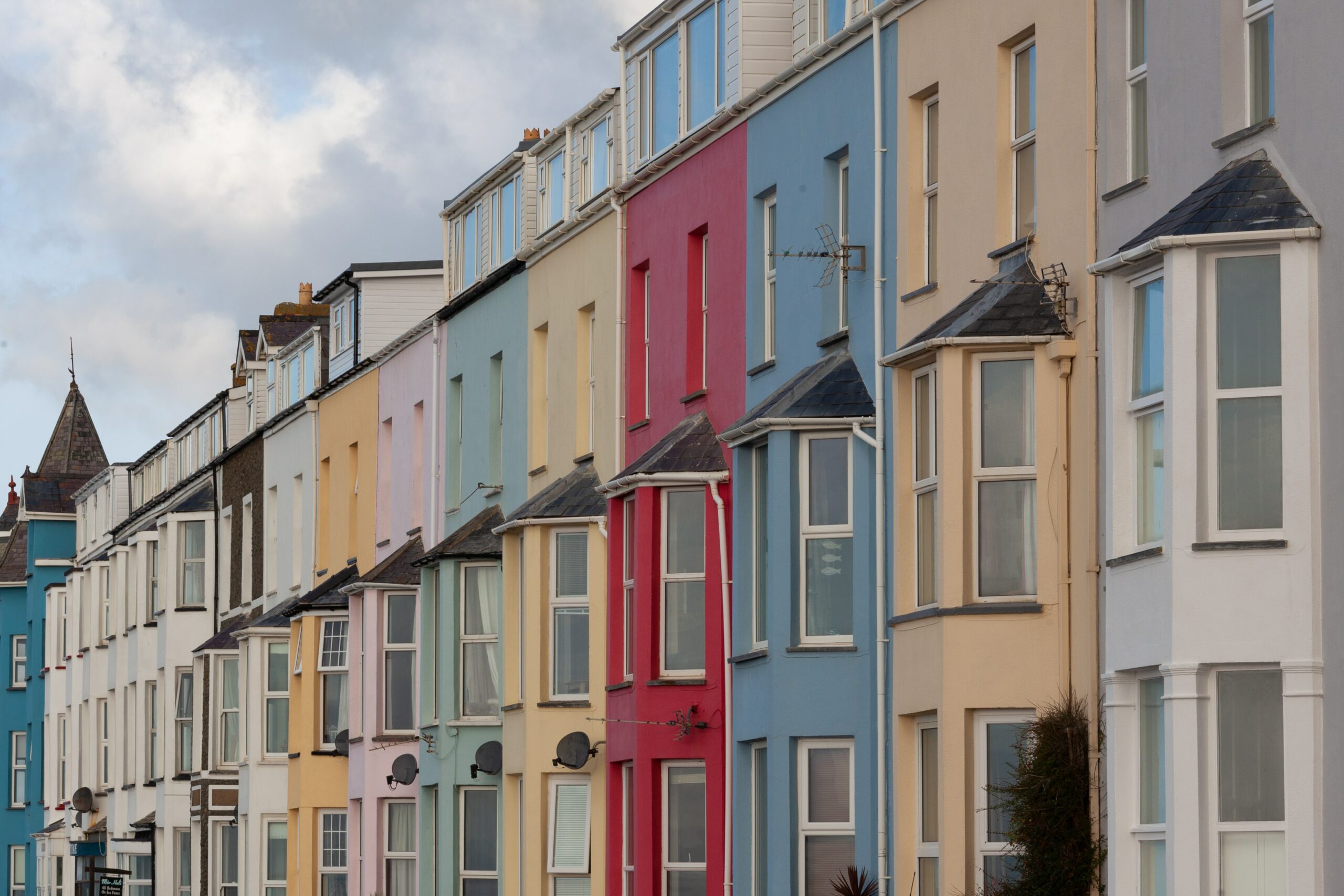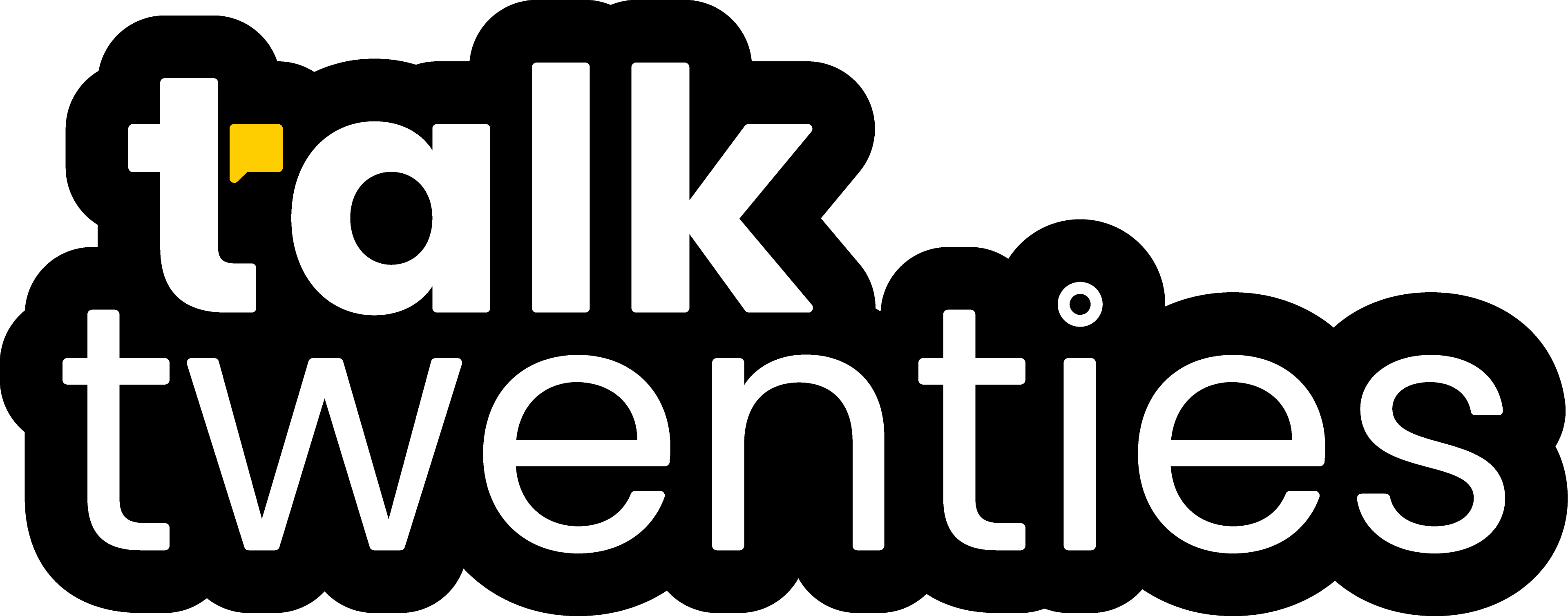
Your rental questions answered
A while ago, Talk Twenties teamed up with HYBR for a podcast on renting tips and advice.
You can catch up here:
Hannah founder of HYBR is here as our guest blogger, to answer all of your rental questions.
What should you know before you start looking for a rental property?
- Who do you want to live with and in what area? What are your top three priorities for a property, i.e. location, quality of house and price?
- Who is the property managed by? If you’re a student, check in with your university accommodation service as they may have a list of accredited landlords in the area. If it is a private landlord, ask to speak to the current tenants and find out a bit about what he or she is like. If it is a property manager, look them up on TrustPilot. What have people said about them in the past?
- Who lives next door? If you are a loud group, try to ensure your neighbours are students so you don’t have noise complaints.
- What’s included? Are bills included, if they are not – speak to the current tenants, how much have they been paying?
- What’s security like? Have there been break-ins in the past?
- Look out for damp problems.
- Learn your energy ratings! A property rated A or B could make you considerable savings throughout the year than one rated D or E.
- Make an offer quickly if you find a hidden gem.
What should I look out for when I sign my contract?
- Read through the terms carefully.
- If you sign the same contract as the other people in your house, then your contract comes under joint and several liability. In plain language, this means that you (and your guarantor) are responsible for your own individual rent, but also the collective rent of your whole house. For example, if there is damage to the property the Landlord can hold you all liable. It also means that, if the Landlord is required to give you notice of anything, they are only legally required to inform one of you. In addition, if someone doesn’t pay their rent, the Landlord is able to pursue all of you for any rent due. Hence, make sure you trust the people you are moving in with!
What are some key things to know and do when I move in?
- Make sure you’re happy with the inventory. An inventory records the condition of the property and what comes with it. Make a note of any scratch, dent, hole in the walls, carpet, anything you see take a picture, which shows the date when the picture was taken and send it to your landlord or letting agent.
- Check you have a Gas Safety Certificate. Landlords are legally required to have a Gas Safety Certificate (CP12) for all the gas appliances in a property, and it should be renewed every 12 months.
- Sort out your utilities. Reading gas and electricity meters, shopping around for cheaper energy deals, sorting out payment.
- Apply to be exempt from paying council taxes if you are a student! Full-time students are exempt from paying Council Tax – you will, however, have to prove to the Council that you are all full-time students.
- Register to vote with your new address.
- Decorate! Decorate! Make it feel like a home.
Who do I call if there is a problem?
Depending on who manages your house, either call your landlord or the letting agent. If your landlord manages this property themselves, you should call them if you have any maintenance issues. Their contact details should be included in the particulars of your Assured Tenancy Agreement or your letting agent will have their number on their website.
When will I get the inventory?
It is normal practice for your inventory to be supplied to you within the first 14 days of the tenancy agreement. You then usually have 7-14 days to return it signed with any amendments or by responding to an email with any comments. If you don’t return the inventory or reply to an email, then you agree to accept that the property is in the condition described in the inventory.
Where is my deposit/retainer protected?
When you sign your contract, you may pay a ‘non-refundable retainer’; this is held by the Landlord or their Agent until the start of the tenancy when it becomes your ‘deposit’. Once the funds become a deposit, your Landlord has 30 days in which to protect it with a government-authorised scheme and provide the details to you.
Will I get my retainer back?
Whilst the funds are called a retainer, they are non-refundable, i.e. if you decide not to move into the property, the Landlord is entitled to hold onto the retainer.
Will I get my deposit back?
Landlords do not want to withhold your deposit, as it generally means they will have to do work to a property to repair any damage. However, your Landlord may withhold part or all of your deposit if you don’t comply with the terms in your tenancy agreement. The typical deductions can be (but are not limited to) any rent which you may not have paid; any damage to the property beyond fair wear and tear; any charges from late rent payments; and any cleaning costs, if you do not leave the property in a satisfactory condition.
What if I don’t agree with the deposit deductions?
If you don’t agree with the deductions your Landlord makes, you are entitled to register a dispute with the company the deposit is protected with; they will act independently and try to ensure a fair outcome.
What if someone drops out?
Once you have signed the agreement, you are bound to it for the full term. So, if you don’t want to live in the property anymore, you will still have to pay rent until you find someone to take over your liabilities. There can be a charge if you want to transfer your rent or responsibilities to another person but that depends on the agency / landlord. All of the other tenants and the Landlord must agree to this first.
What are guarantors’ liabilities?
Although your obligations are joint and several, your guarantors are not. This means that the Landlord can only ask your guarantor for a particular share of any joint liability. For example, if it is a 4-bedroom house, your guarantor can only be asked for ¼ of the total rent due if you haven’t paid or ¼ of any damage not covered by the deposit.
What about gas certificates?
Your Landlord is responsible for making sure the gas appliances at your property are safe and is required to have them inspected by a ‘Gas Safe’ engineer every 12 months. Your Landlord will make a copy available to you when you move in and again when it is renewed.
What to do next?
- Your letting agent or your landlord will contact you about a month before your tenancy is due to start to confirm how to pick up your keys.
- You will also need to set up your rent payments. Normally this is by standing order (the details are included in the Particulars of the agreement) paid monthly into the landlord’s account. You will need to show that you have set this up before you move in.
What about utilities?
Unless you have opted for a bills-included service, once you move into the property you will need to set up accounts with the gas, electricity and water suppliers and will be responsible for providing them with meter readings and paying the bills.
What do I do when I want to move out?
- Take out the rubbish and don’t leave behind unwanted belongings to avoid fines.
- Take pictures of the property to protect yourself in case the letting agent/ landlord claims you damaged something or left it in a bad state and compare it against the inventory when you first moved in.
- Don’t leave bills unpaid, communicate your departure with utility providers.
- Remember to return the keys.
- Deep clean the place, no point losing £100 for being lazy, scrub that floor!
- Remove posters + white tac (always use white tac over blue tac).
- Leave a forwarding address by completing a form with your local post office.



